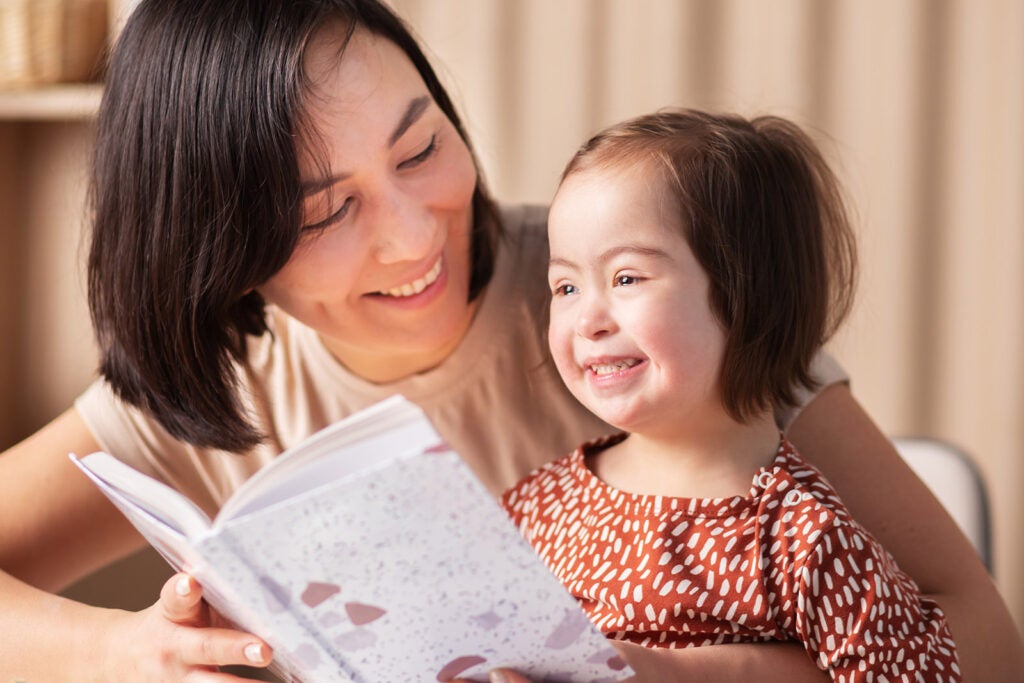Lanterman (Ages 3 and Older)
Lanterman Eligibility for individual ages 3 and older. Regional Center eligibility criteria is defined by law, in Section 4512 of the California Welfare and Institutions Code.
Diagnoses that may qualify a person for Regional Center services include the following developmental disabilities:
- AutismAutism is a developmental disability that affects how people communicate and interact with the world. More
- Cerebral PalsyCerebral palsy (CP) is a neurological condition that results from damage to the developing brain leading to issues with muscle movement, balance, and posture. More
- Intellectual DisabilityIntellectual disability refers to neurodevelopmental conditions present prior to the age of 18 that affect functioning in two areas; cognitive functioning, such as learning, problem solving and judgement and adaptive functioning, which are activities of daily life such as communication skills and social participation. More
- EpilepsyEpilepsy is a long-term disease that causes seizures due to abnormal electrical signals in the brain caused by damaged brain cells. More
- Conditions closely related toSome examples are a learning disability, speech delays, Attention Deficit Hyperactive Disorder (ADHD), mental health diagnosis, etc.], or that require treatment similar to, that required for an intellectual disability. More or that require treatment similar to, that required for an intellectual disabilityIntellectual disability refers to neurodevelopmental conditions present prior to the age of 18 that affect functioning in two areas; cognitive functioning, such as learning, problem solving and judgement and adaptive functioning, which are activities of daily life such as communication skills and social participation. More
In addition, to qualify for Regional Center services, a person’s developmental disability must:
- originate prior to age 18
- be expected to continue indefinitely
- be a substantial disability, meaning the person experiences significant limitations in three or more of the following areas:
- Self-careHow an individual dresses and feeds themselves. More
- LanguageHow individuals understand what is said to them. How individuals express their needs and share what they are thinking. Ex: Waves bye-bye. Points to ask for something or to get help. Names things in a book when you point and ask what is that. More
- LearningHow an individual learn new things and solves problems. It includes how individuals explore their environment to figure things out – whether by looking at the world around them, putting objects in their mouths, or dropping something to watch it fall. This domain also includes “academic” skills like counting and learning letters and numbers. More
- MobilityHow an individual use their bodies, such as takes a few steps on his own; catches a large ball most of the time; eats with a spoon. More
- Self-directionThe ability to make your own decisions and organize your own work rather than being told what to do by other people. More
- Capacity for independent livingAbility to perform age-appropriate daily living skills without the assistance of another person. More
- Economic self-sufficiencyAbility to participate in vocational training or to obtain and maintain employment without significant support. More
The law states that learningHow an individual learn new things and solves problems. It includes how individuals explore their environment to figure things out – whether by looking at the world around them, putting objects in their mouths, or dropping something to watch it fall. This domain also includes “academic” skills like counting and learning letters and numbers. More disabilities, or disabilities that are solely psychiatric or physical in nature, are not included in the definition of developmental disabilities.
Resources

